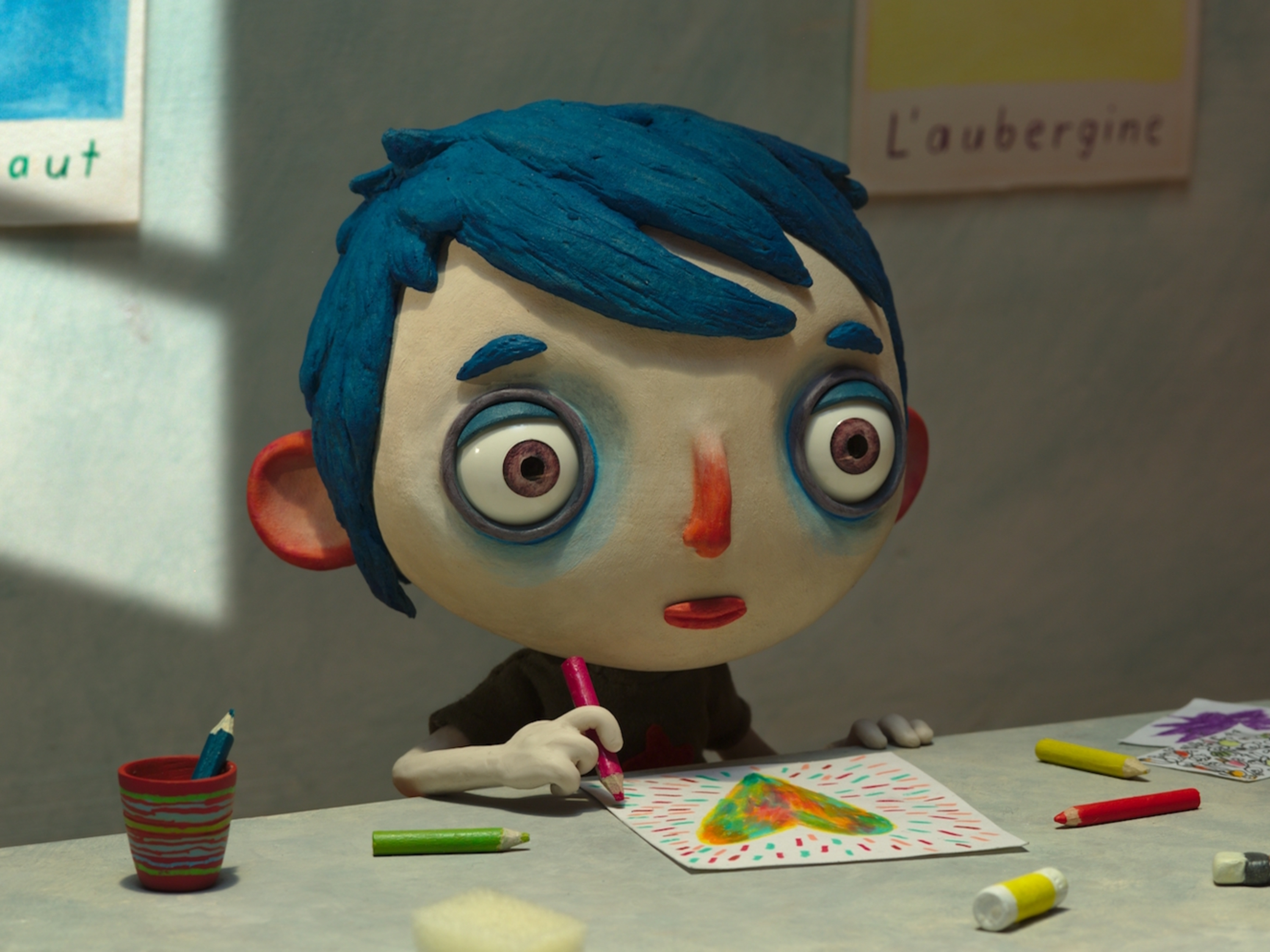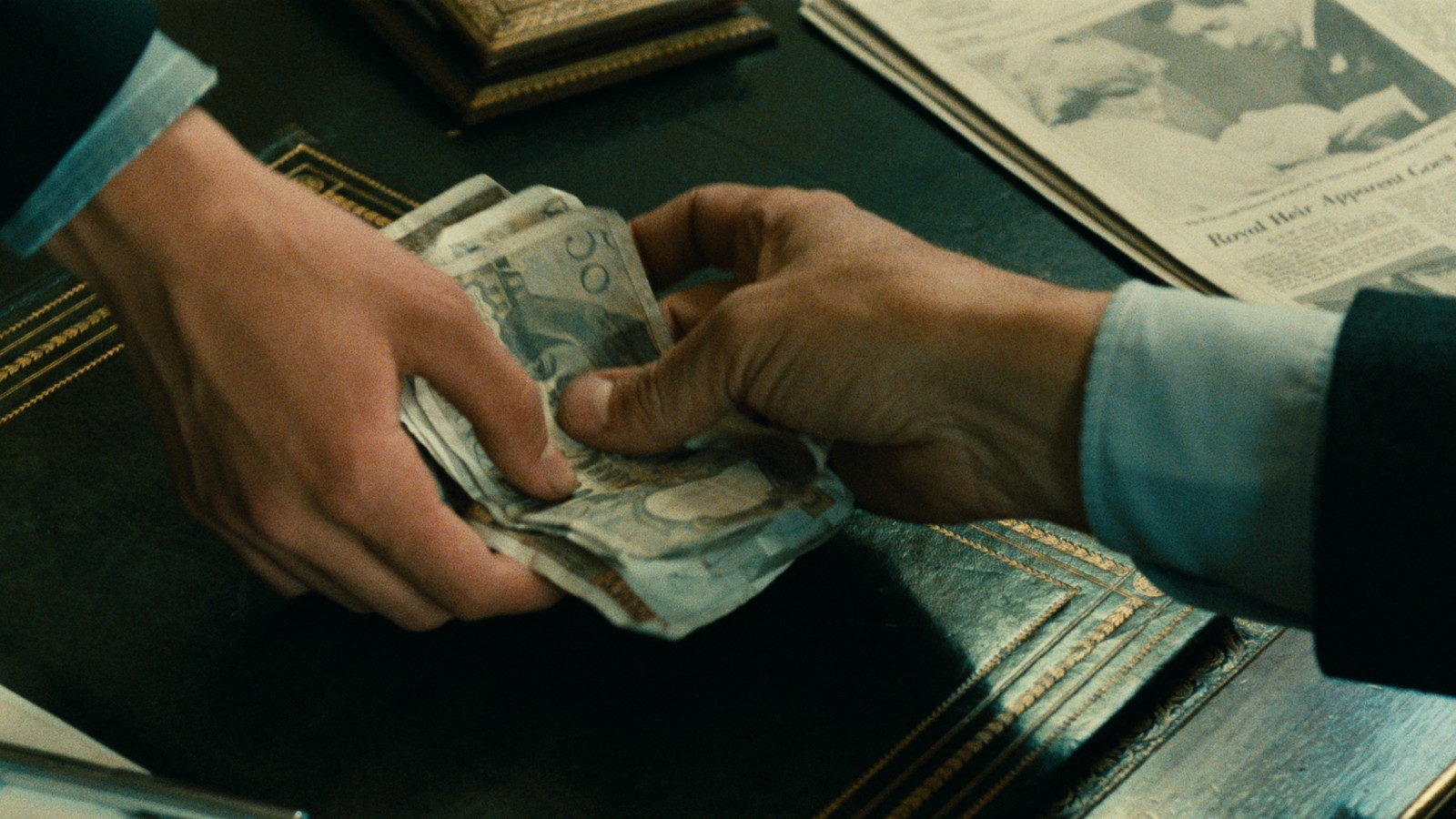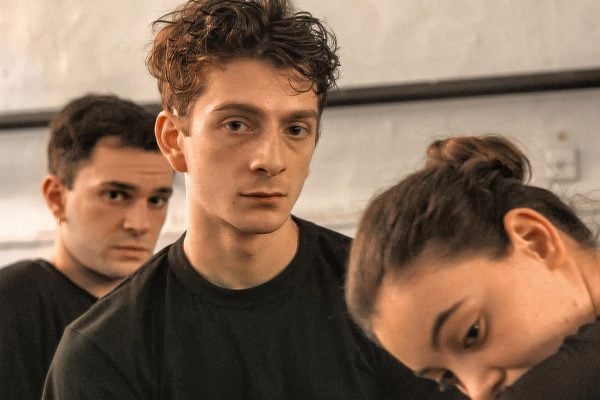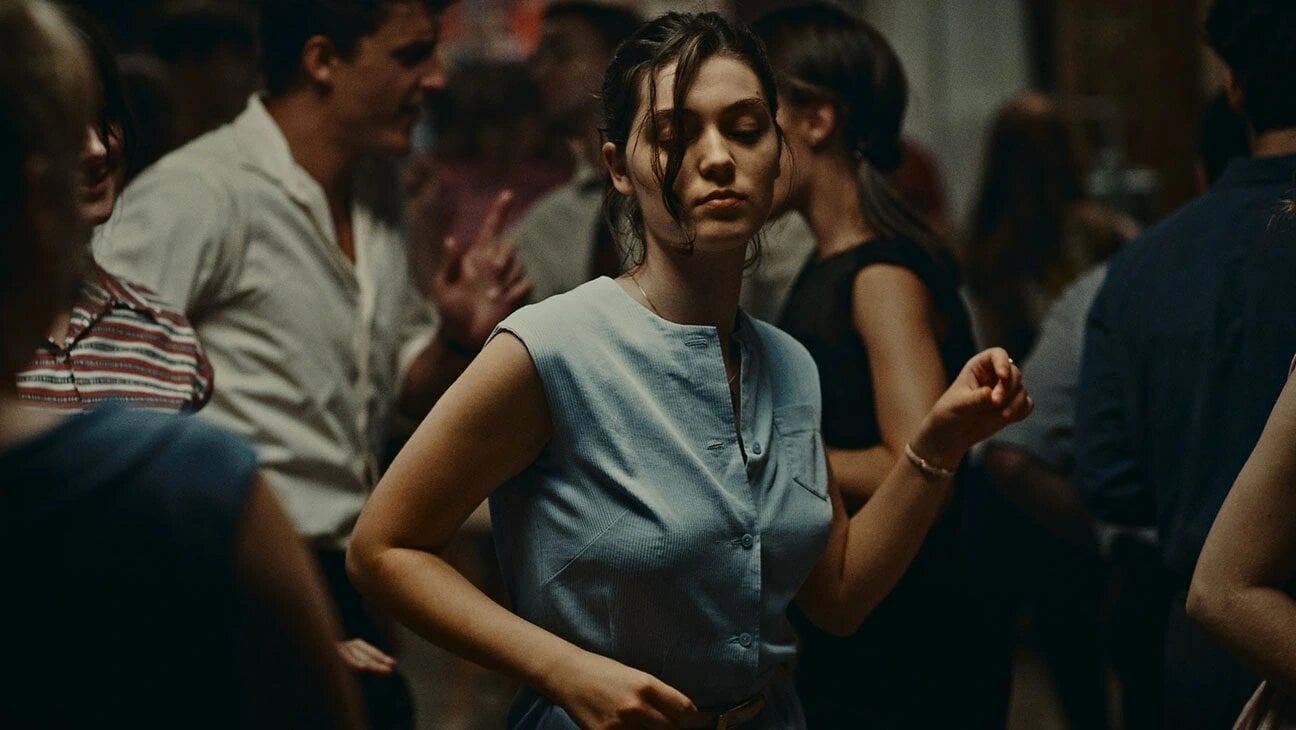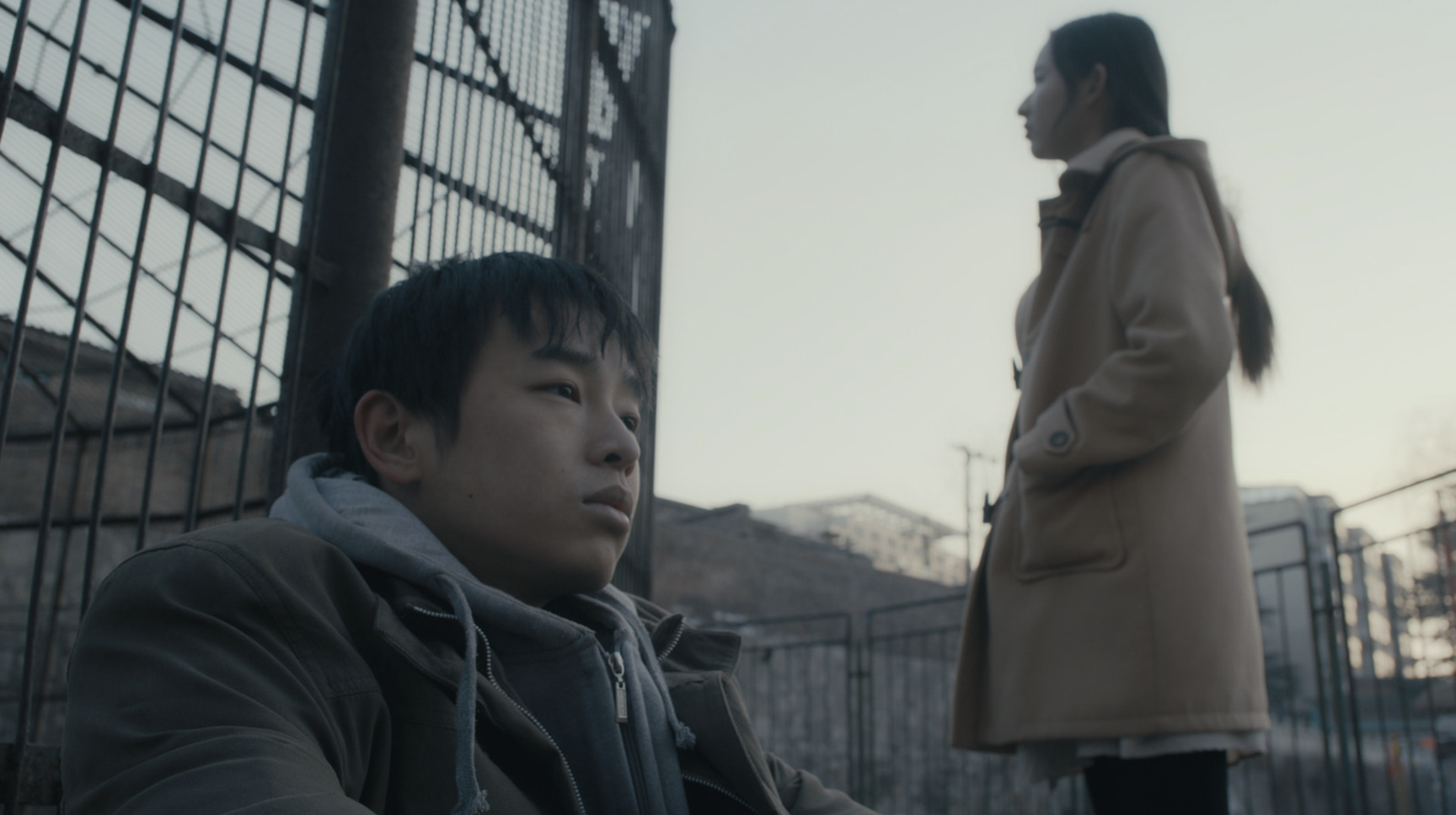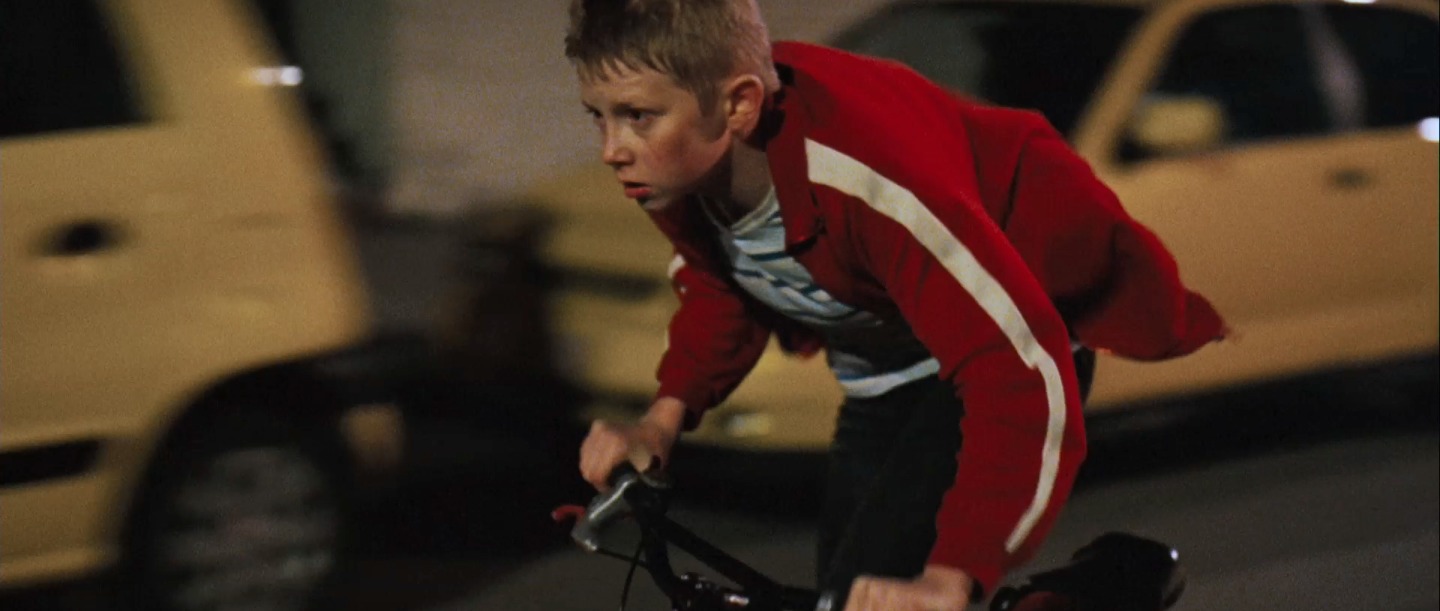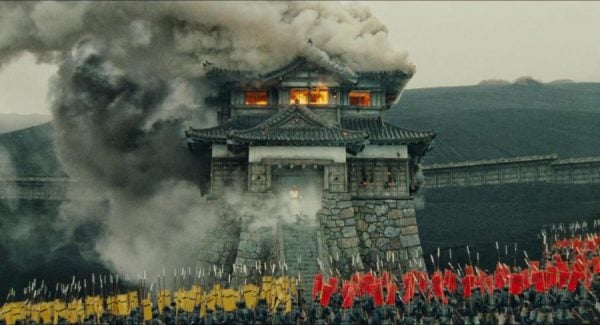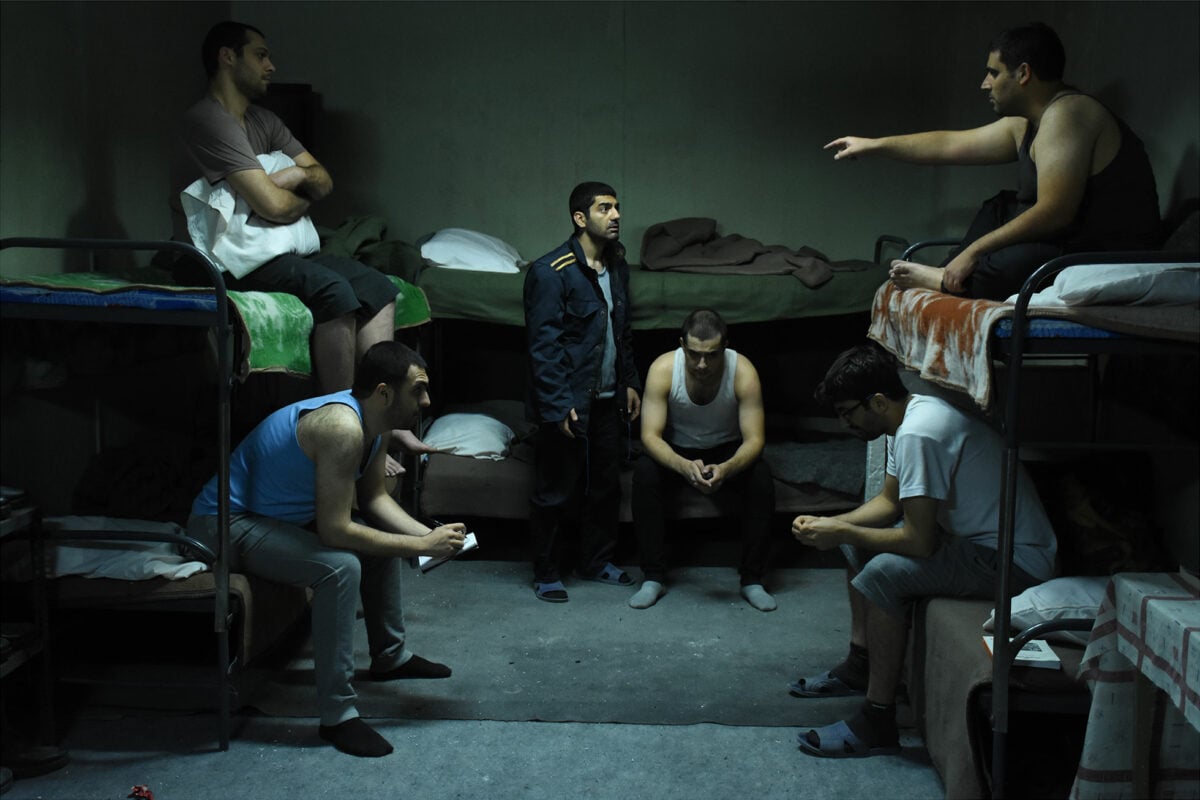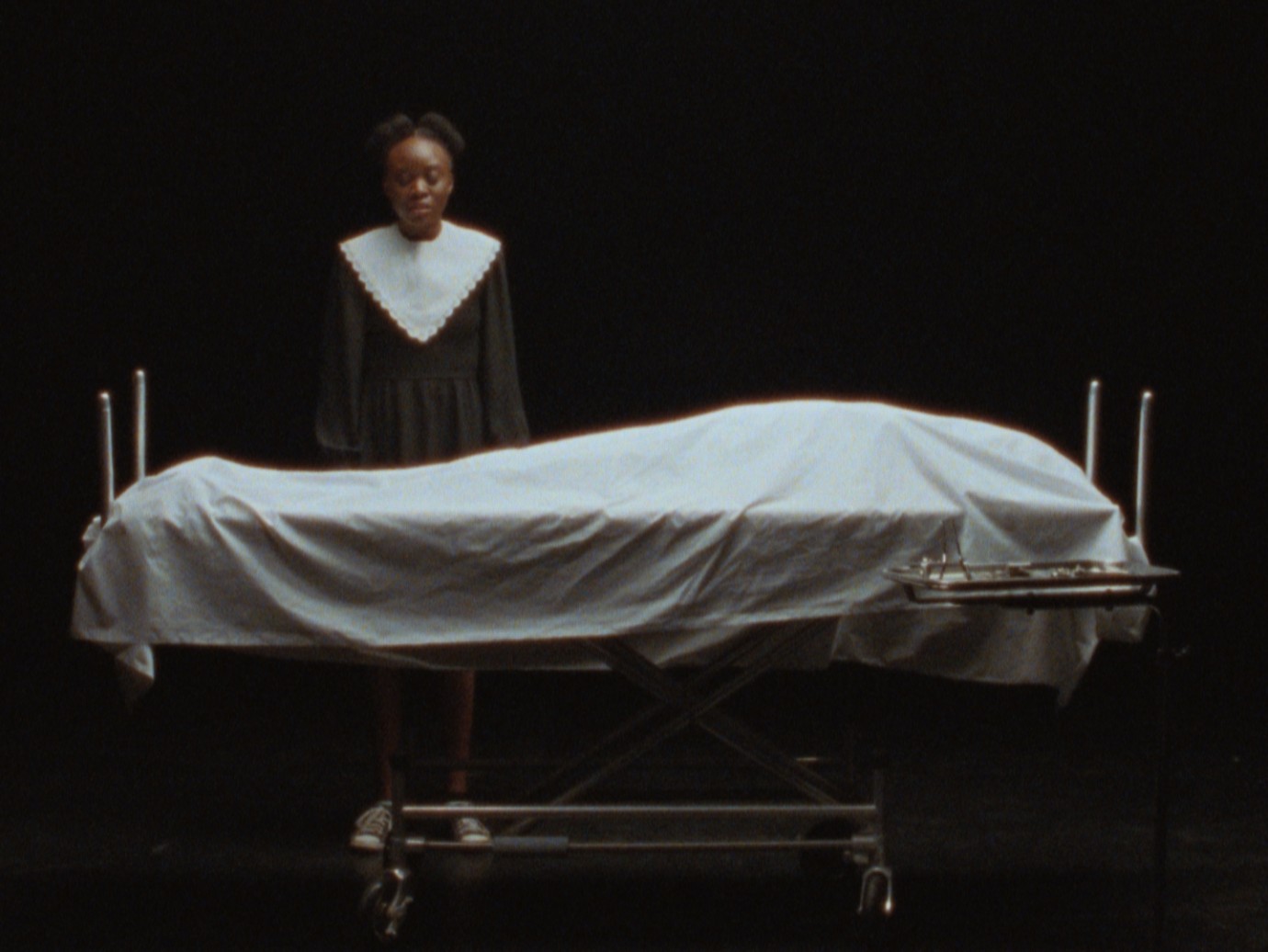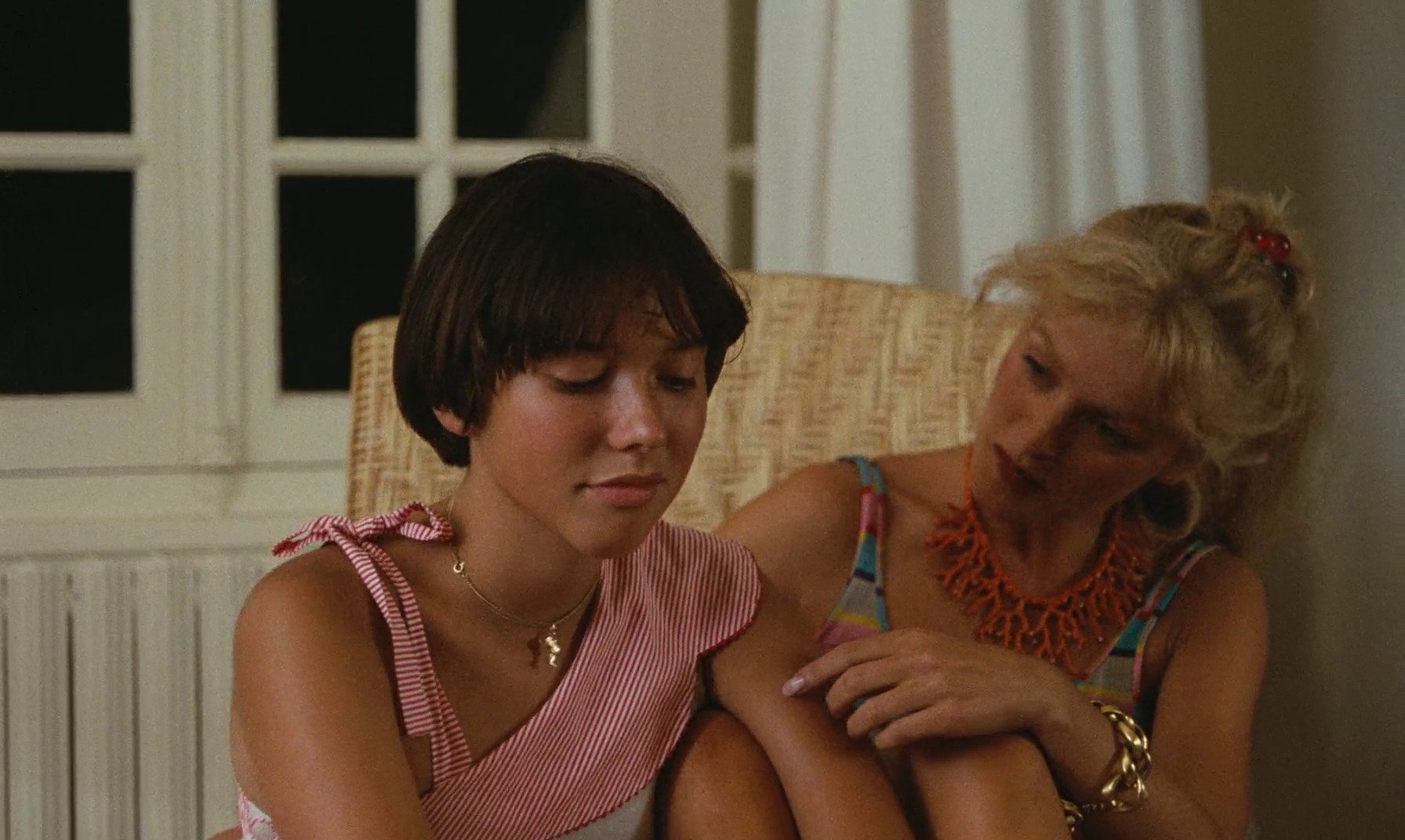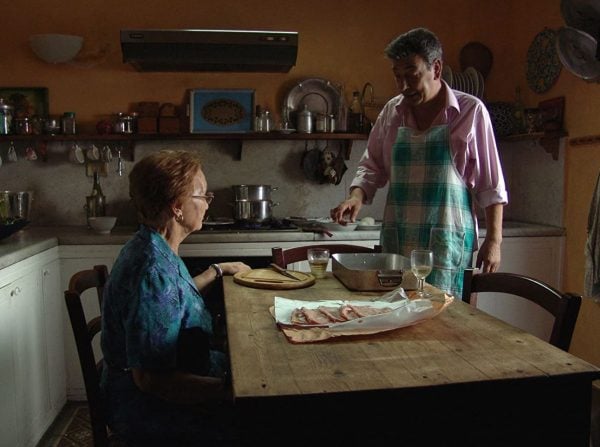
40 Best Foreign-Language Movies on BFI Player UK
January 24, 2025
Share:
Looking to expand your cinematic palate with more international films? Lucky for you, there are several streaming services dedicated to curating a selection of relatively smaller films—especially those not in the English language—including the Criterion Channel, Mubi, and BFI Player. Brought to us by the British Film Institute, BFI Player gives you access to a deep bench of gems throughout film history, as well as those that have been making waves on the international circuit in recent years. To get you started on your foreign film journey, we’ve listed a number of non-English language films on the service that should remind you just how much there is to explore in cinema outside of Hollywood and the UK’s English-speaking industries.
Read also:
21. My Life as a Zucchini (2016)
Genres
Director
Actors
Moods
My Life as a Zucchini (or Courgette in Europe) is unlike any kids’ movie you’ll see in America. It isn’t afraid to be honest about children’s feelings, no matter how dark or sad, nor is it afraid to be frank about things like intimacy and abuse. It understands that kids need these kinds of narratives too, and sometimes they need to hear them without being pandered to.
There is an openness to it that makes it comforting to adults as well. Lines like “Sometimes, we cry because we’re happy,” are so deceptively simple and tender that they’ll catch you off guard. Couple this seemingly endless reserve of empathy with adorable, almost melancholic stop-motion animation and you get a film that will have you floored for days, regardless of your age.
22. L’Argent (1983)
Genres
Director
Actors
Moods
With his final film, octogenarian master filmmaker Robert Bresson found the violent, chilling truth in that old cliché, “money is the root of all evil.” L’Argent extends the simplicity of its title (literally, “Money”) into the fabric of the film, using an extremely bare style to track the devastating domino effect that a childish ruse has on one man’s life. When a shopkeeper realizes two schoolboys swindled him out of 500 francs with a counterfeit note, he decides to pass the problem on by paying delivery man Yvon (Christian Patey) with the false note. But when Yvon tries to pay for his lunch with the money, the police are called and his life unravels.
This is just the start of L’Argent’s clinical exploration of the meanness and littleness of man’s greedy spirit. Yvon’s downfall is chronicled with matter-of-fact coldness: everything onscreen is minimal, from the precise cinematography and frugal editing to the non-professional actors’ expressionlessness. This detached style encourages us to absorb all the bitter emotion of the story, which feels — in such an economical format as this — like a moral tale as old as time, but no less cutting.
23. And Then We Danced (2020)
Genres
Director
Actors
Moods
Georgian dance has cut-throat competition: the art form is dying even within Gerogia, and to make it, dancers compete to join the one duo that represents the country. The chance finally comes and the spot opens up, igniting the hopes of performers from around the country. Mervan is one of them, a young dancer from a poor background who takes food from his restaurant job to feed his family. His main competition is a newcomer, Irakli, who also comes from a difficult background and hopes to secure the spot to provide for his ill father.
When their lives hang on them competing against one another, Mervan and Irakli fall for each other.
And Then We Danced is full of incredible dance sequences that add to the beauty of the romance at its center; but it’s also a heartbreaking exploration of unfulfilled ambition.
24. Happening (2021)
Genres
Director
Actors
Moods
It’s heartbreaking to realize that Happening, a film set in 1960s France tracking a young woman’s journey to dangerously and desperately terminating her pregnancy, is still very much relevant and relatable to this day. Around the world, abortion is still inaccessible, if not completely illegal, and women still struggle to lay full claim to their bodies. A lot of girls grow up with pregnancy statistics meant to instill fear, but Happening brings all that to brilliant life in intimate and unrestrained detail. The fears and wants of our protagonist Anne (played precisely by Anamaria Vartolomei) are palpable throughout. Nothing is held back in this film, and if you find yourself sick in parts, then it has achieved its goal of realistically conveying what it’s like to stay alive in a society that fails to recognize your needs.
25. An Elephant Sitting Still (2018)
Genres
Director
Actors
Moods
Clocking in at just under four hours, Hu Bo’s first and last feature film—before his tragic death at the age of 29—is a sprawling indictment of a country that the filmmaker must have viewed as positively hostile and suffocating. Following several characters whose paths intersect as they try to escape their current circumstances, An Elephant Sitting Still creates a truly oppressive atmosphere that may not lead you to the answers you expect, but it should leave you feeling haunted for a long, long time. Beautifully scored, shot, and acted, Hu’s film offers practically no hope but it keeps on moving with a sense of freedom and determination all its own. This is as honest a film can get; Hu has left behind a moving legacy.
26. The Kid With A Bike (2011)
Genres
Director
Actors
Moods
The Kid With A Bike is a deceptively simple title for a film this stirring. At 12 years old, Cyril (Thomas Doret) has been abandoned to social care by his father (Jérémie Renier) — but what’s really heart-wrenching is that he’s in denial about the finality of their separation. Cyril’s muscles are seemingly always coiled, ready to spring him away from his carers and onto the next bus that’ll take him to his disinterested dad, who has secretly moved away to “start anew.” It’s only through the random force of Cyril’s few words — like the moment he asks the first stranger to show him some kindness (Samantha, played by Cécile de France) if she’ll foster him on the weekends — that we get to sense the depth of his desperation, because neither the film nor Doret is showy in that regard.
The film pulls off transcendency because of these restrained performances and its unfussy realism. In the quietness of the storytelling, emotion hits unexpectedly — and deeply. The everyday tragedy and miraculous hope of Cyril’s life are set off by some enormously moving orchestral Beethoven, the very grandeur of which underscores the effect of the humanist filmmaking: affirming the inherent preciousness of his troubled, oft-rejected child.
27. Ran (1985)
Genres
Director
Actors
An attempt to articulate just how vast and magnificent the scope of Akira Kurosawa’s 乱 (Ran) is will inevitably fall short. Recognized as a master of epics, including his 七人の侍 (Seven Samurai, 1954), Kurosawa reimagines Shakespeare’s tragic King Lear set in medieval Japan. Each shot is labored and precise, as sublime landscapes overwhelm the screen, dwarfing the armies of men fighting below.
At the center of the ensuing wars is Hidetora Ichimonji, an aging warlord. Ichimonji divides his conquered land between his three sons, Taro, Jiro, Saburo. The Ichimonji clan, however, will not settle for less than everything. Father and sons scheme against one another, leading to violent plots for control over the kingdom. Greed poisons the Ichimonji’s bloodline, pervasive and all-consuming. The tragedy that unfolds is indeed as poignant as any great Shakespeare work.
The road ahead is lined with bodies, blood, jealousy, paranoia—and it’s a long way to the bottom from the throne. Kurosawa, confronting his own mortality and legacy, achieves a titanic masterpiece with Ran. Few films so deeply grasp the tragedy of war at this visceral level. While Ran is not an easy watch, it’s a must-watch for all.
28. There Is No Evil (2020)
Genres
Director
Actors
Moods
Exploring morality, conscience, and the death penalty, There Is No Evil tells four interconnected stories about men tasked with carrying out executions. The film excels at creating a sense of unease and tension as their reality contends with their beliefs about capital punishment and loyalty to the state. Director Mohammad Rasoulof (known for his films that explore social and political issues in Iran) allows each narrative to center both the subject and the institution, maintaining suspense but never straying from its argument. The sum – and its part – are undeniably profound.
29. Cette Maison (2022)
Genres
Director
Actors
Moods
A harrowing family loss sets off a poetic exploration of grief in this experimental film from Haitian-Canadian filmmaker Miryam Charles. The focus of the movie is Charles’ own cousin, who was found murdered in her Connecticut bedroom in 2008. Rather than let her cousin’s life remain frozen at that point in time, Charles unmoors her film from the cold realities of time and space to suggest new perspectives on the girl’s past and imagine a future that never came. While events like the family’s decision to move to the US are recast as portends of tragedy, there’s also deep generosity in the movie’s ghost story — such as the joyous scenes it depicts from a mother-daughter trip to the family’s home country of Haiti, a trip that never actually took place.
It’s not always easy to discern where or when we’re at in its liberal toggling between time and space, but once Cette Maison establishes its unconventional visual language, everything comes into poignant focus. Given the reality on which it’s based, this is undoubtedly a heartbreaking watch, but the way Charles’ movie evokes the ability of imagination to both deepen and assuage the pain of grief is nothing short of revelatory.
30. Pauline at the Beach (1983)
Genres
Director
Actors
Moods
Éric Rohmer movies are what you watch when you want to experience the thrill of someone putting into words something you might never have been able to express yourself. The magic of his characters is that they’re breezily candid, even if that honesty doesn’t protect them from committing the same contradictory foibles we all do. Pauline at the Beach is a dazzling example of that quality; it may even be more honest than usual, because it also tells a truth about its characters that they’re not even aware of themselves.
The most perceptive character is actually the youngest: 15-year-old Pauline (Amanda Langlet), who’s vacationing with her older cousin Marion (Arielle Dombasle). Having never fallen in love herself, Pauline receives a thorough education in the matter by observing the love triangle that Marion becomes entangled in with needy Pierre (Pascal Greggory) and predatory Henri (Féodor Atkine). Though the adults give the film its brilliantly articulate philosophical meditations on love — ranging from the idealistic to the dispassionate — their actions often fall short of their words. Shot through Pauline’s keen eyes, Rohmer’s film wryly reveals the decisive role that delusion and unchecked ego play in so many grown-up lives — ironically making the self-aware and measured teenager the most mature of all.
Comments
Add a comment
Ready to cut the cord?
Here are the 12 cheapest Live TV streaming services for cord-cutting.
More lists
Lists on how to save money by cutting the cord.
Curated by humans, not algorithms.
© 2025 A Good Movie to Watch. Altona Studio, LLC, all rights reserved.
